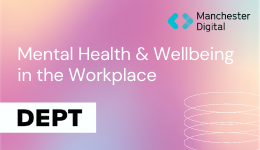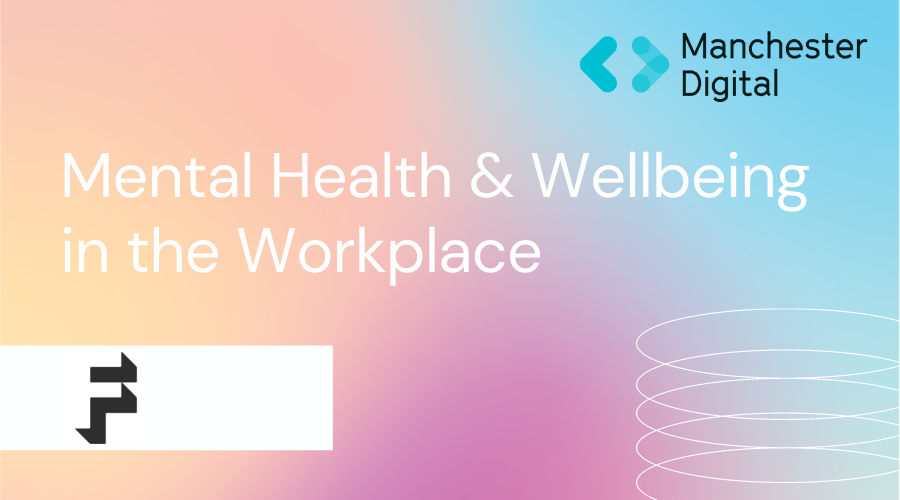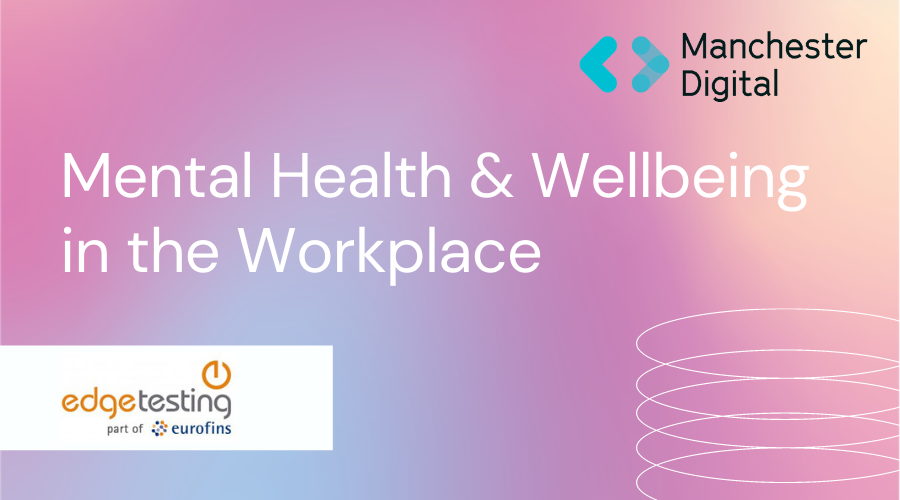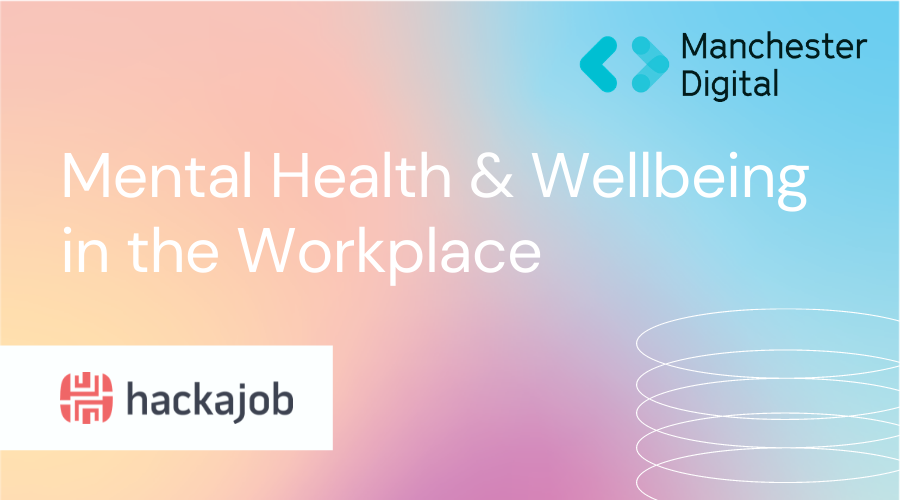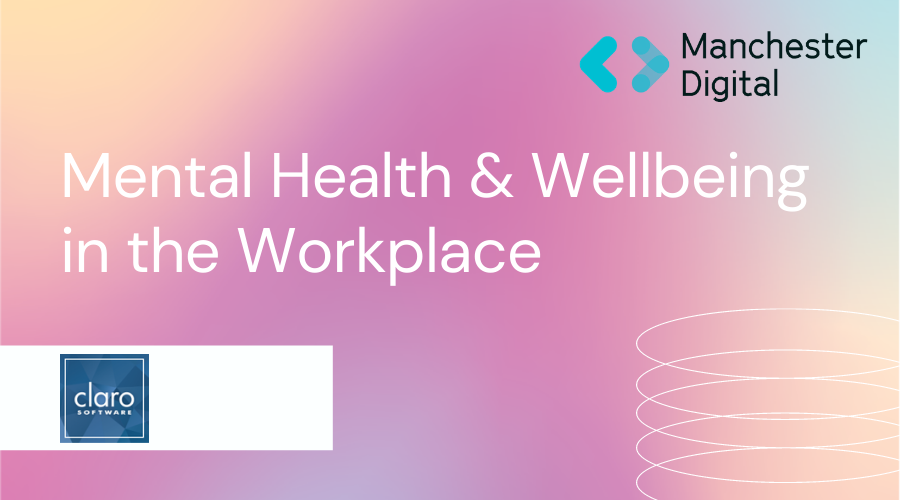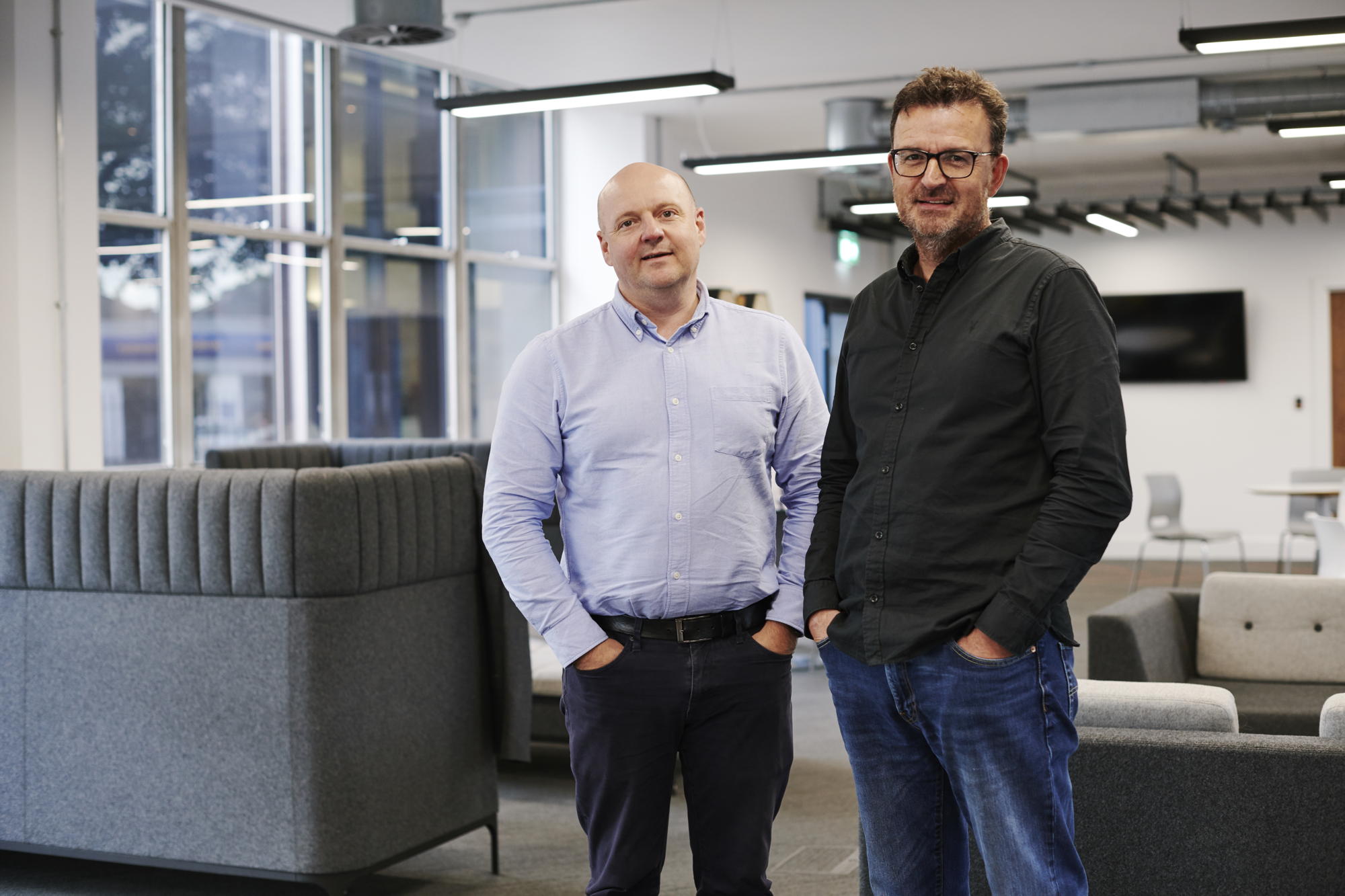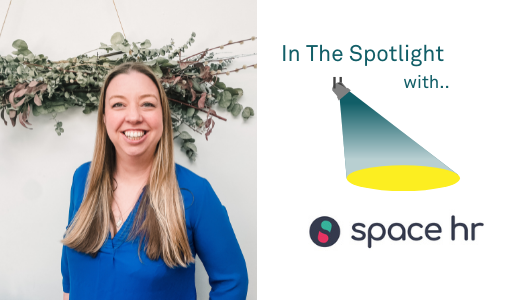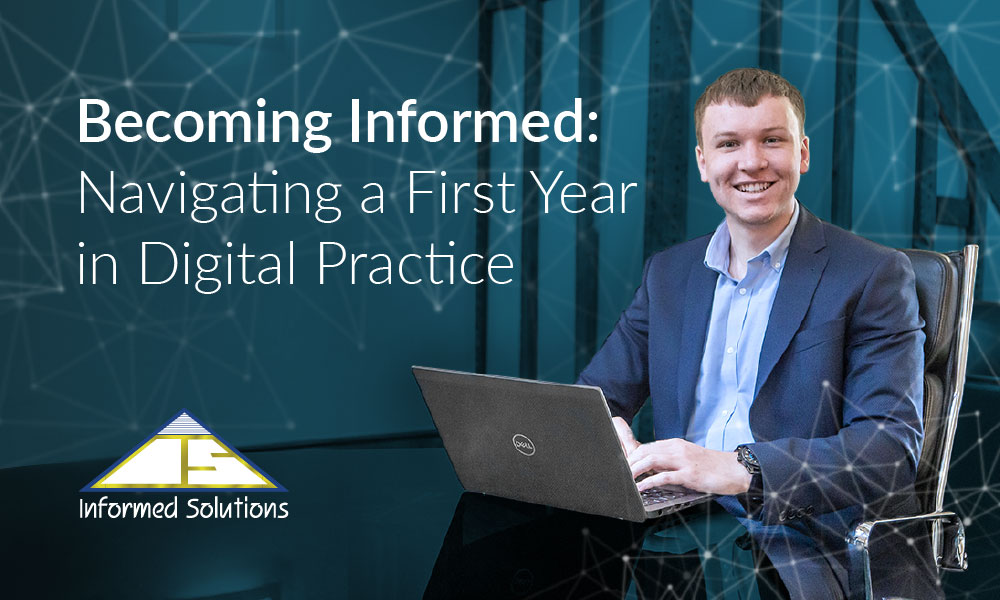
Impactful employee recognition goes beyond praise. True recognition acknowledges hard work, motivates individuals and creates a positive work culture.
Recognition (or lack of it) is a topic that comes up a lot in our employee engagement surveys. Employees definitely have a view on whether organisations are getting it right or not!
Employee recognition done right is easy, but it’s not simple!
Have you ever poured your heart and soul into a project, felt proud of your work, and succeeded? That sense of accomplishment is incredible, but it becomes even more powerful when others recognise your efforts. Building a culture of recognition to drive engagement, is about creating this feeling across all employees, over and over again.
What is Employee Recognition?
Employee recognition refers to the act of acknowledging and appreciating employees' contributions, efforts, and achievements in the workplace.
It can take various forms:
Verbal appreciation
Public acknowledgement
Monetary rewards
Promotions
Opportunities for growth & development.
It’s a strategic practice that aims to motivate employees, boost morale, foster a positive work culture and ultimately drive organisational success.
Employee recognition recognises the value and impact of employees' work, creating a sense of belonging, purpose and appreciation within the workforce.
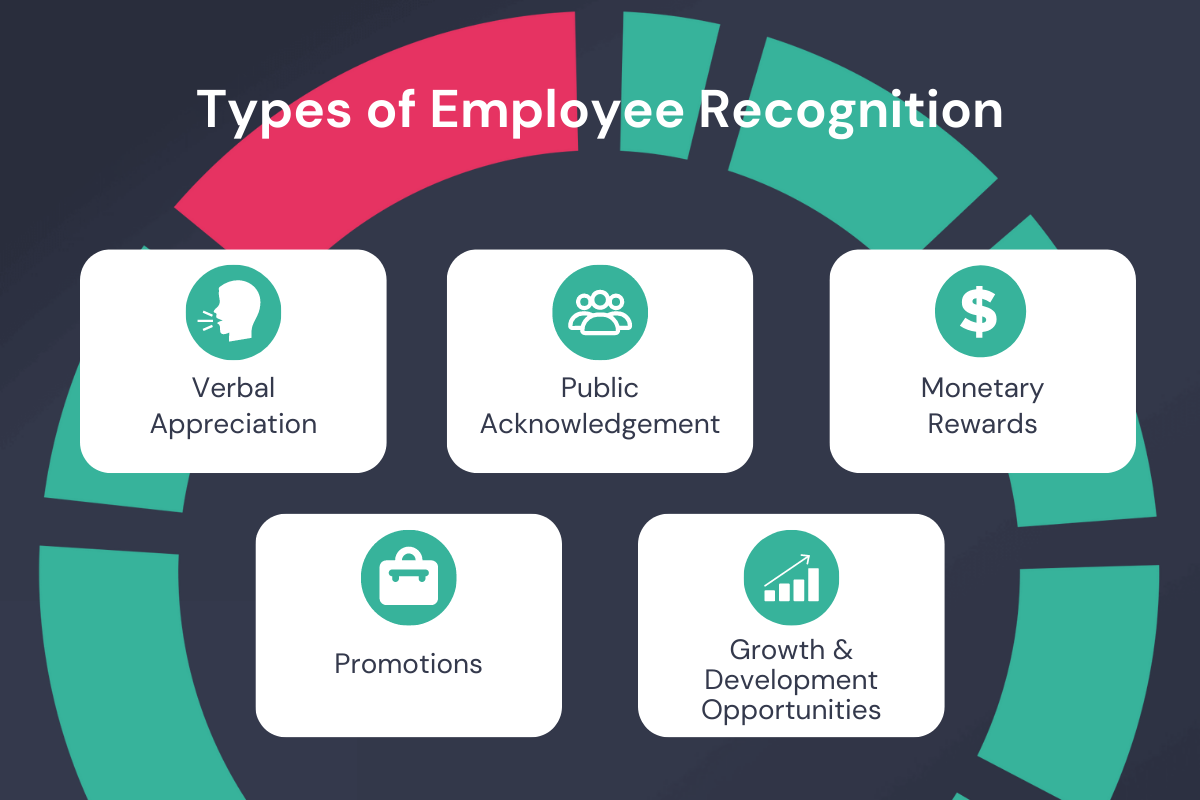
Why is Employee Recognition important?
💡 79% of employees say an increase in recognition rewards would make them more loyal. From loyalty comes employee retention!
When employees feel valued, they’re more engaged, motivated and likely to go the extra mile for their organisation.
Employee recognition fosters a positive work culture by creating a sense of appreciation and value among the workforce. This, in turn, enhances employee engagement, teamwork and collaboration.
It also plays a crucial role in retaining top talent. When employees feel recognised and appreciated, they are more likely to stay with their current employer, reducing turnover rates and the associated costs.
Recognition makes people feel valued
💡 Feeling valued at work is linked to better physical and mental health.

Employees need to know that the company they work for doesn’t just care about sales revenue and profit.
People need to form lasting connections to the colleagues they work with and the work that they do. Knowing that their contribution is valuable to the organisation is a key part of this.
But don’t just recognise the heroes!
Employees can see how much you value them from what you celebrate. If you’re celebrating business wins without any acknowledgment to the people who gained those wins, then employees can quickly feel underappreciated.
It’s also important that you don’t forget about those people who deliver for the business day in, day out, even if they aren’t chalking up revenue on the leaders board.
Recognition builds employee engagement
💡 Employees are 2.7 times more likely to be highly engaged if they believe they will be recognised for their contribution.

Taking employees for granted is a sure-fire way to drop down the levels of employee engagement.
Engaged employees outperform those that aren’t. In fact, companies with high employee engagement are 21% more profitable.
You can find out how engaged your teams are by conducting an employee engagement survey. These surveys can cover areas such as: connection, leadership, fulfilment and wellbeing of your team.
At Ten Space, we’ll often build in direction questions to our surveys, so we can understand if employees feel that recognition is fair, or that it’s motivating them to achieve more. Often there is a difference in feeling from one team or demographic to another.
There isn’t one solution to making people feel recognised. Sometimes it’s a heartfelt ‘Thank you’, sometimes it’s an early finish and sometimes it’s a bonus payment or a career move.
Like compensation and benefits, you might need to make it personal to the individual to get it right. Don’t assume everyone sees recognition in the same way.
You need to be aiming to make the individual feel recognised and build up a recognition culture at the same time.
Recognition increases team performance
💡 Businesses who give individual or team recognition see a 14% increase in performance.

Recognition leads to increased motivation, a sense of pride and increased self-confidence at work.
Companies that actively recognise and reward their employees are more likely to see increased levels of accountability, responsibility and leadership initiatives. In short, higher performance.
Aim to have an impact.
Thank yous never get old, but free lunches on a Friday can quickly become the norm and expected. Make sure you’re not giving out recognition just to tick the box, you need to actually mean it.
You may need to rethink your approach on a regular basis, to make sure that it continues to have the effect of creating an engagement boost in individuals or your teams.
Check it’s working
Make sure you're checking that recognition is working in your business. Employee feedback is a great way to do this.
Ask your employees whether they feel more engaged and valued due to the recognition they’ve been receiving. By doing this, you can ensure that you’re on the right track and make adjustments and changes if not.
You’ll know when it’s time to switch it up and try something new, as recognition will become background noise.
At Ten Space we create bespoke surveys which allow teams to share their honest feedback anonymously.
Our employee feedback surveys allow teams to be grouped, so you can see what is working for each team and where you might need to take a new approach to ensure you’re getting the maximum engagement and performance boost for your efforts.
This gives leaders the chance to listen to their team, understand the problems in the organisation and work on changing things for the better.
Our dashboard gives you instant insights. We provide tools and support to help you with reporting. These enable you to take the feedback to your leaders quickly and effectively.
Start your journey to high engagement with us by getting in touch. Or check out how we’ve helped others create incredible workplaces in our case studies.
